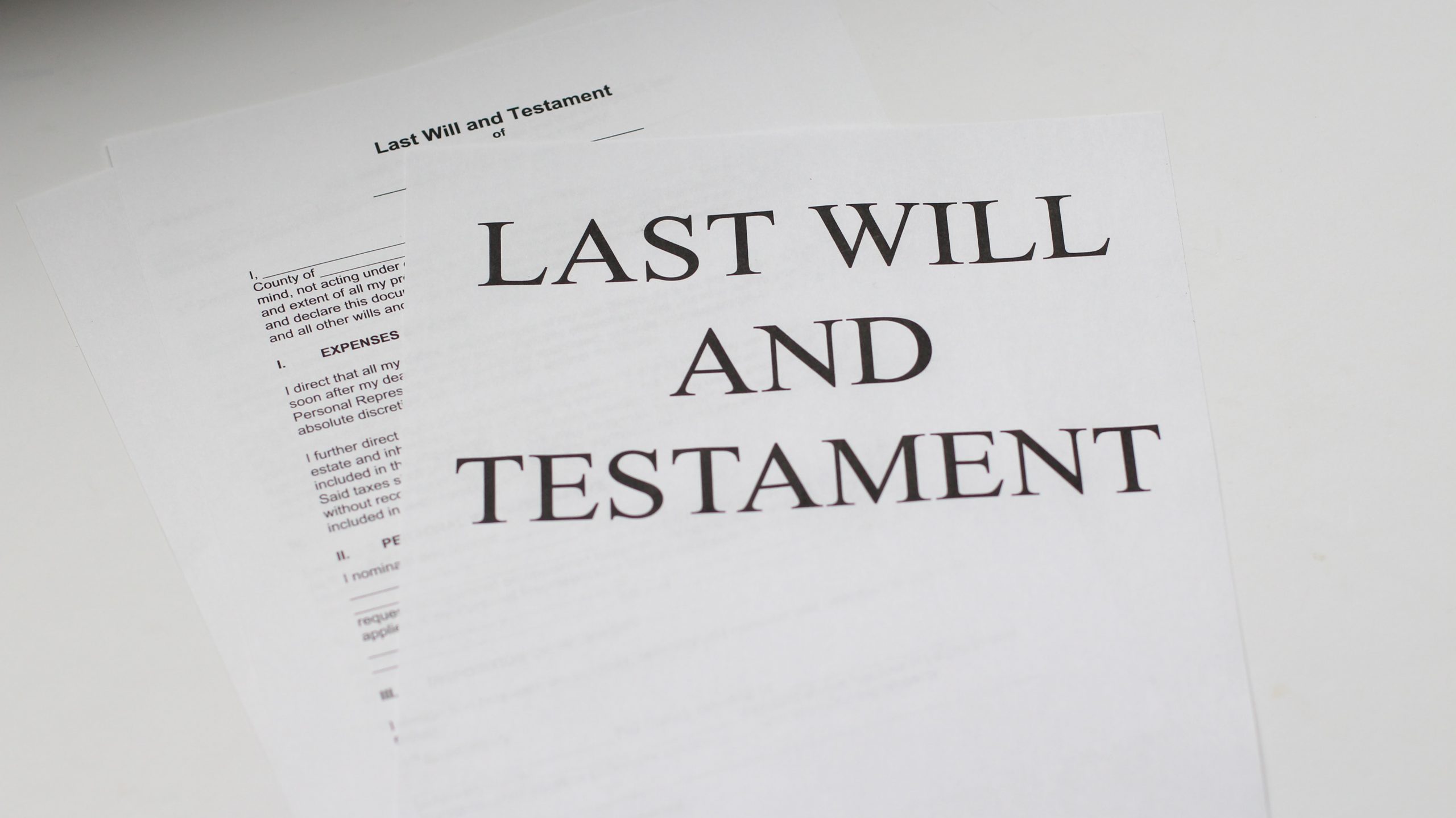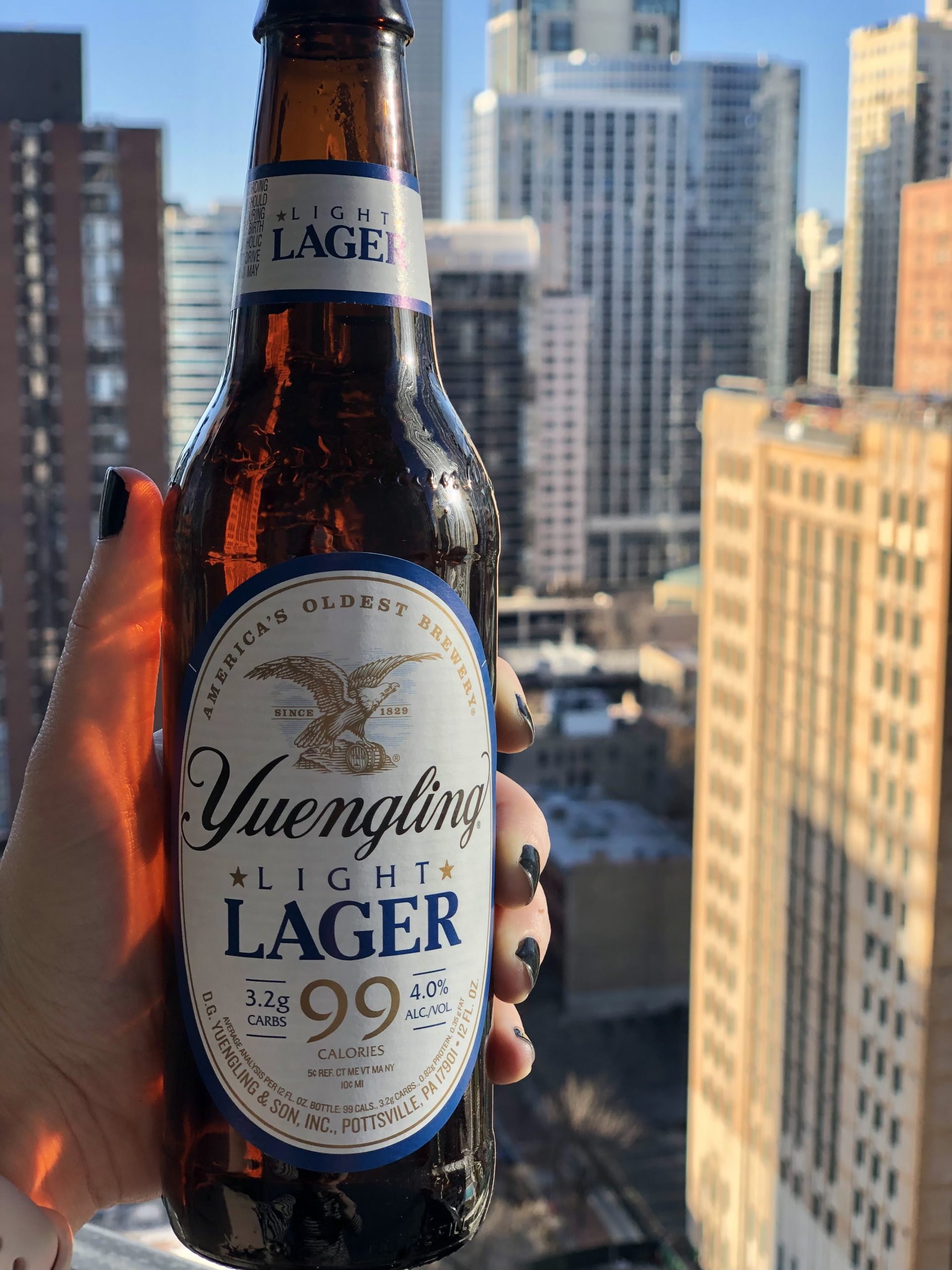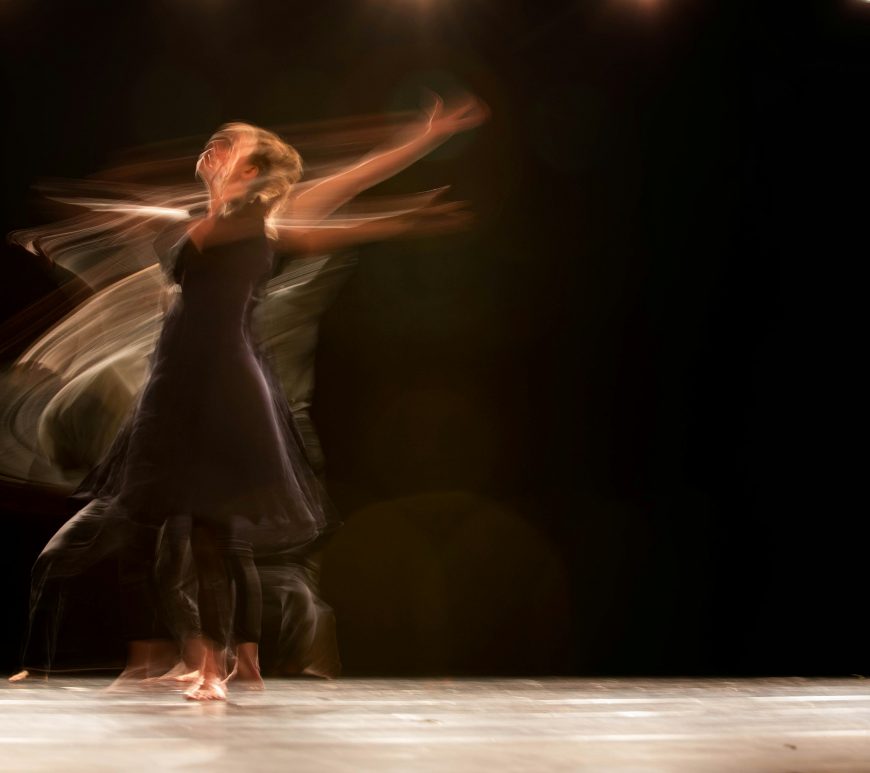
What Happens to Your Intellectual Property After You Die?
Every day someone is trying to protect their intellectual property rights. But what happens to these rights when you die? Do they simply cease to exist? Are they passed on? Can you leave your IP rights to a specific person? Well, the answers to these questions depend on two things. First, it depends on what type of intellectual property rights the deceased person had. Second, it depends upon whether the deceased IP owner specifically said who would receive the right. Continue reading “What Happens to Your Intellectual Property After You Die?”


